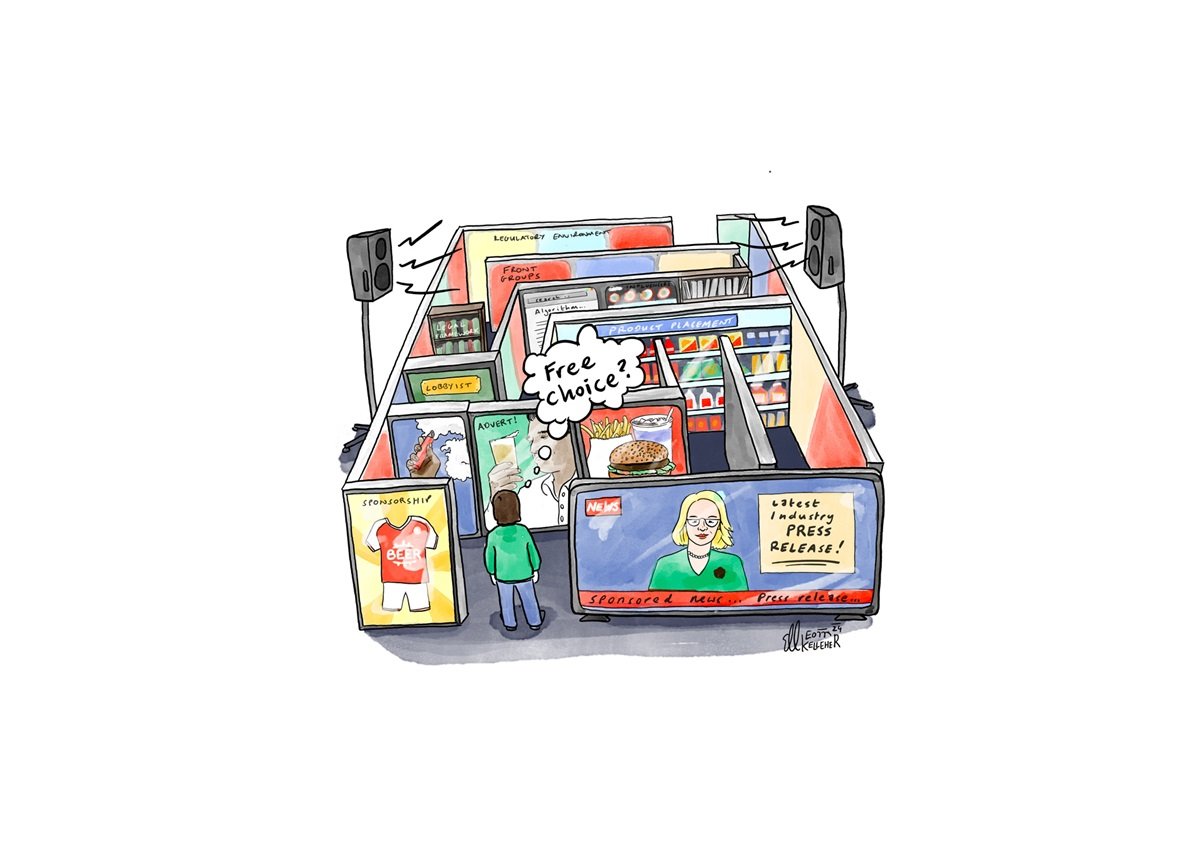Inside BENEO’s new pulse plant: pioneering sustainable protein from faba beans
New WHO report highlights how big industry fuels chronic diseases, obstructs health policy and targets vulnerable people
A pioneering report from the WHO Regional Office for Europe spells out clearly how specific powerful industries are driving ill health and premature mortality across Europe and Central Asia, including through interfering in and influencing prevention and control efforts for non-communicable diseases (NCDs) such as cardiovascular diseases, cancers and diabetes, and their risk factors including tobacco, alcohol, unhealthy diets and obesity. The report calls on governments to implement mechanisms to identify conflicts of interest and protect public policies from industry interference.
Belgian Deputy Prime Minister and Minister of Social Affairs and Public Health, Frank Vandenbroucke, launched the report at a day-long event in Brussels, in partnership with the WHO European Forum on Commercial Determinants of NCDs, hosted by the Federal Public Service (FPS) Health, Food Chain Safety and Environment.
The new report, “Commercial determinants of noncommunicable diseases in the WHO European Region”, sheds light on the wide range of tactics industries employ to maximize profits and undermine public health. Those practices fuel inequality and rates of cancer, cardiovascular and chronic respiratory diseases, and diabetes, and create a major barrier to prevention policies. The report identifies actions for governments, academia and civil society to reduce the disproportionate influence of the commercial sector in the health policy sphere.
Four corporate products – tobacco, ultra-processed foods, fossil fuels and alcohol – cause 19 million deaths per year globally, or 34 per cent of all deaths. In the European Region alone, these industries are wholly or partly responsible for 2.7 million deaths per year. The report explains how consolidation of these industry sectors and others, into a small number of powerful transnational corporations, has enabled them to wield significant power over the political and legal contexts in which they operate and to obstruct public interest regulations which could impact their profit margins.
“Four industries kill at least 7000 people in our Region every day. The same large commercial entities block regulation that would protect the public from harmful products and marketing, and protect health policy from industry interference,” said Dr Hans Henri P. Kluge, WHO Regional Director for Europe. “Industry tactics include exploitation of vulnerable people through targeted marketing strategies, misleading consumers and making false claims about the benefits of their products or their environmental credentials. These tactics threaten the public health gains of the past century and prevent countries from reaching their health targets. WHO/Europe will work with policy-makers to strengthen tactics to protect against and reduce harmful industry influence. Today, we provide indisputable evidence of harmful commercial practices and products, and we say: people must take precedence before profit, always.”

